Lisbon's journey over the past four years has been one of significant change and improvement. From addressing the housing crisis with the construction and rehabilitation of 1800 homes in four years, compared to just 17 per year in the previous decade, to enhancing mobility with free public transport for the elderly and youth, the city has seen tangible progress. The renewal of the Carris fleet, with half now being sustainable, and the launch of a free health plan for over 16,000 elderly residents, alongside free mammograms for women under 50, highlight the administration's focus on public welfare.
Cultural investments have also seen a boost, with 4 new museums and 7 theaters opening their doors, and the introduction of the Culture Pass, benefiting 33,000 Lisbon residents. The city's hygiene and urban cleanliness have improved, and the innovation sector has attracted 16,000 jobs from tech companies choosing Lisbon as their base.
Yet, challenges remain. The frustration among Lisbon's residents, especially the youth struggling with housing affordability, and the call for a safer city, are pressing issues. The administration acknowledges these concerns, emphasizing the difficult choices made, such as prioritizing the General Drainage Plan of Lisbon (PGDL) over immediate changes to Almirante Reis Avenue.
The upcoming elections on October 12 present a clear choice: continue the path of positive change or risk a return to radicalism and revenge politics. The administration's commitment is clear - to work for Lisbon and its people, ensuring the city's progress is not halted.



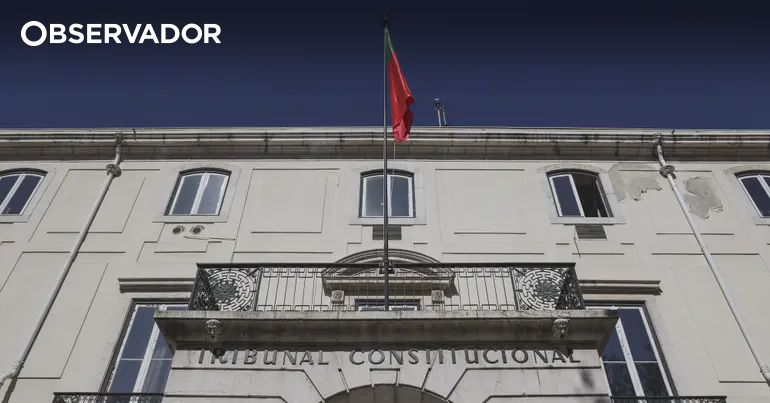



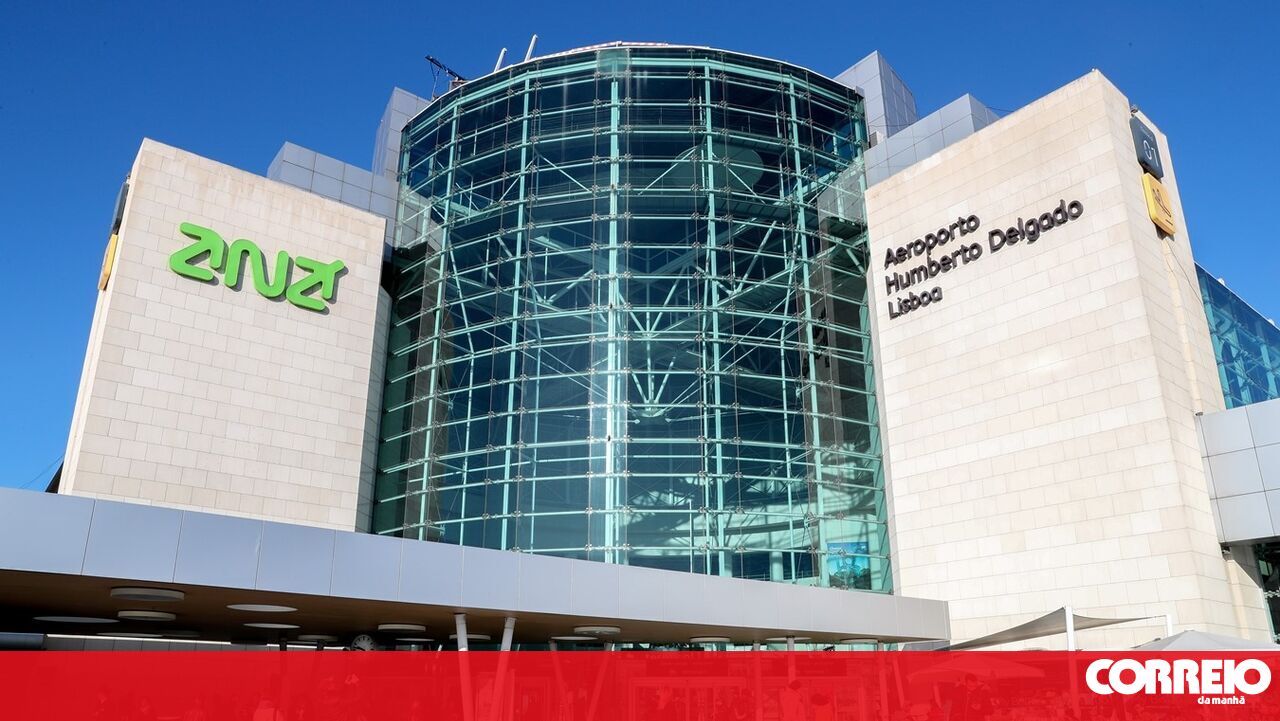
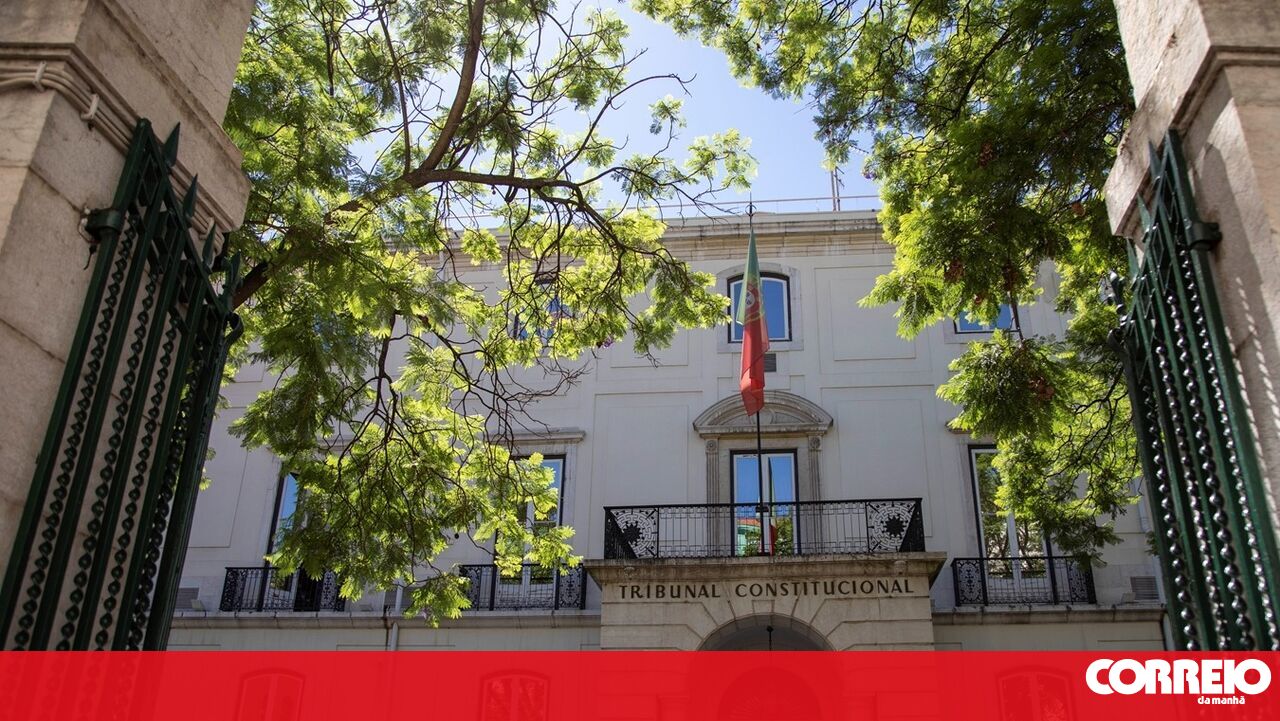





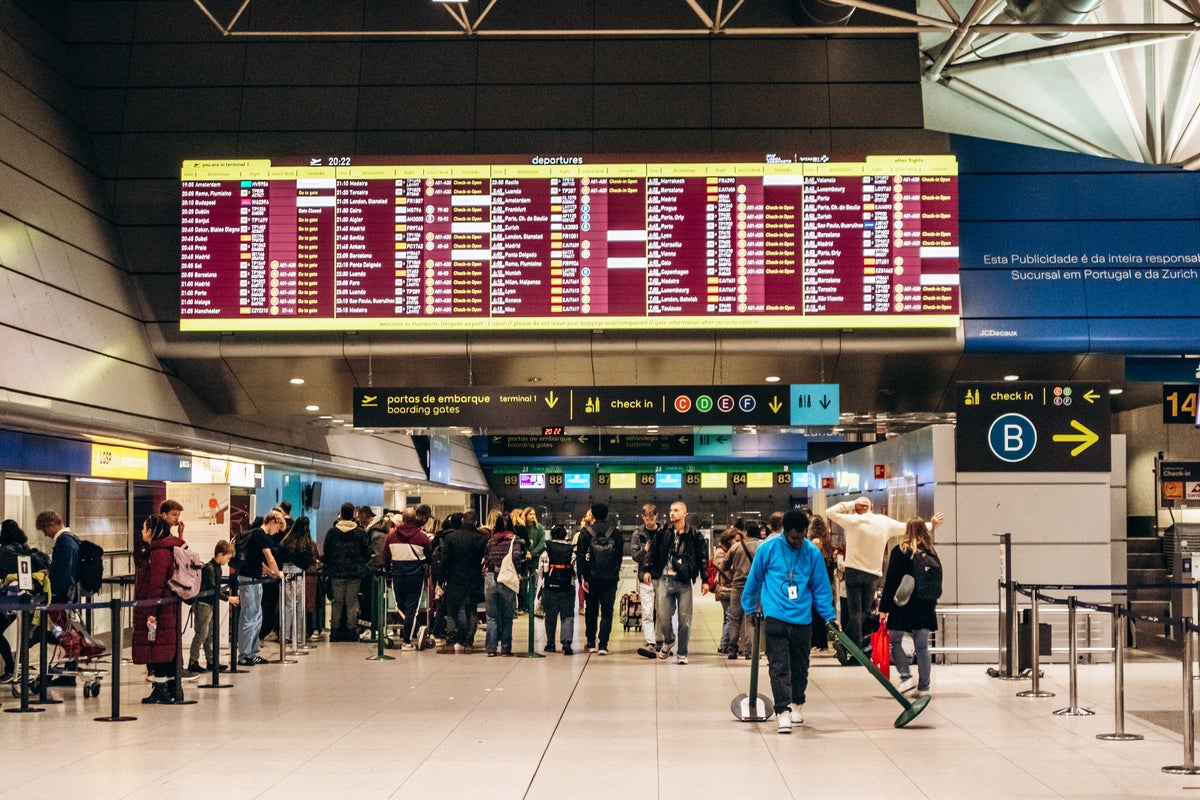








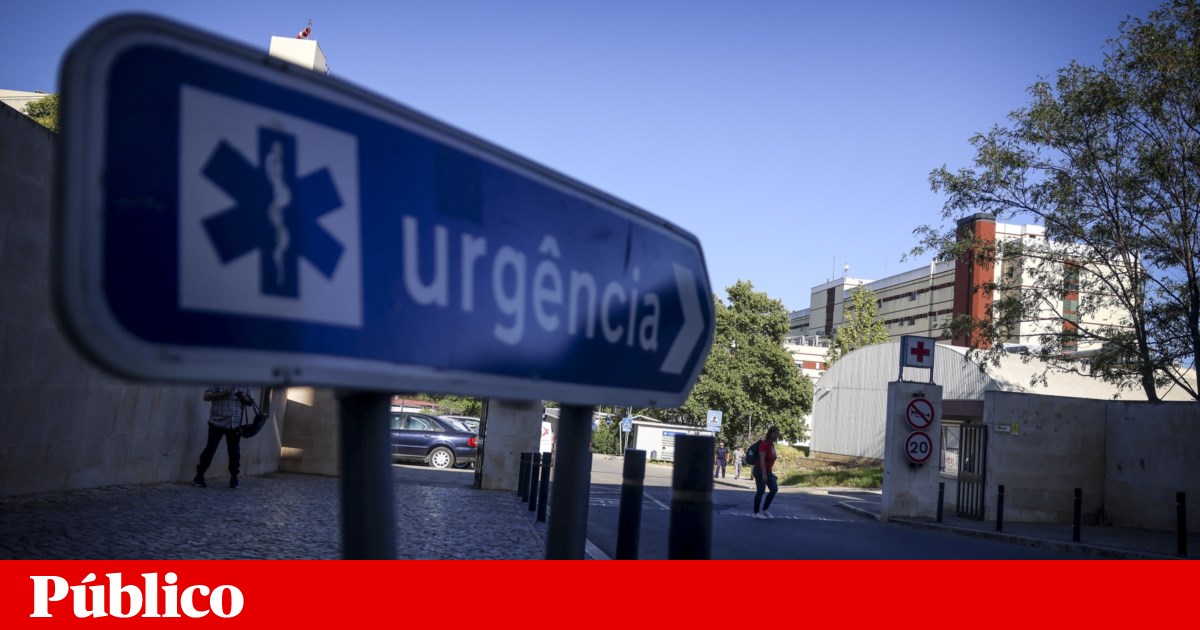
Comments
Join Our Community
Sign up to share your thoughts, engage with others, and become part of our growing community.
No comments yet
Be the first to share your thoughts and start the conversation!